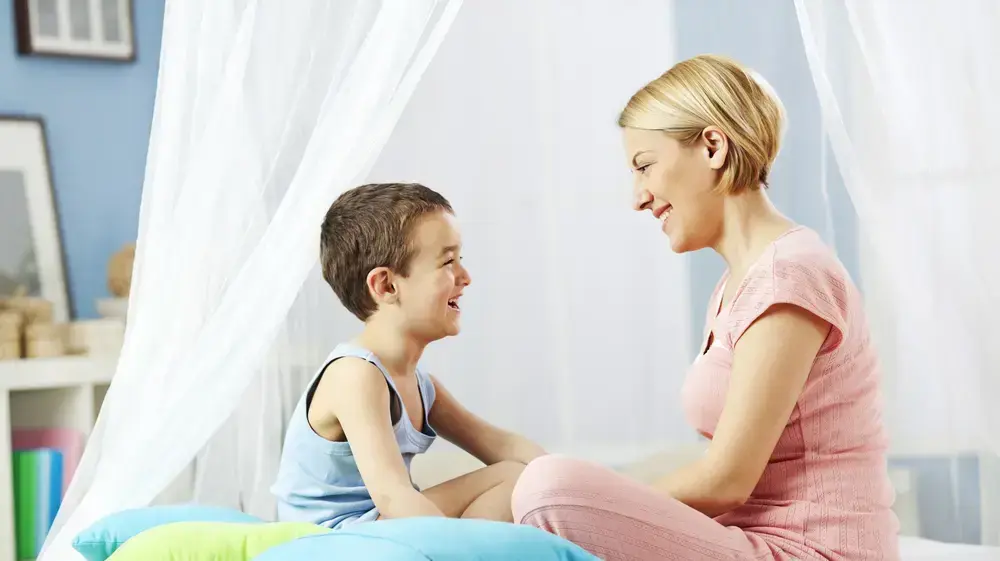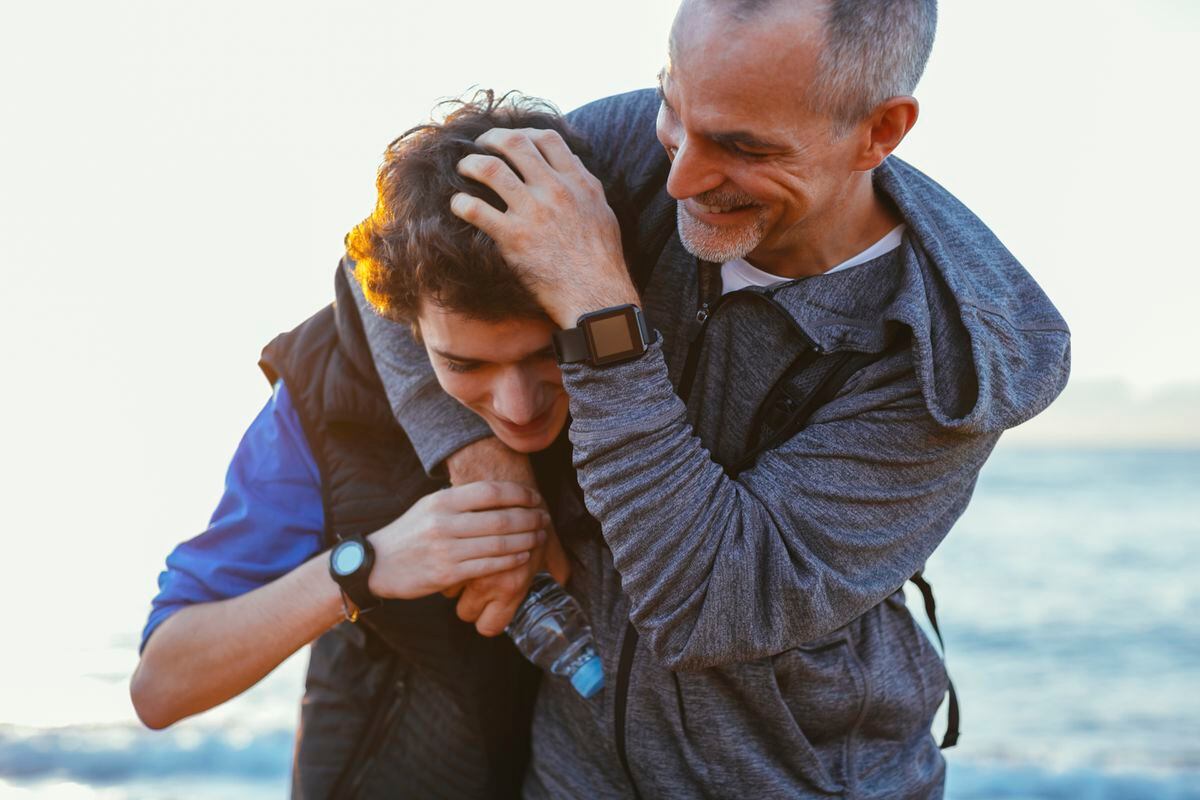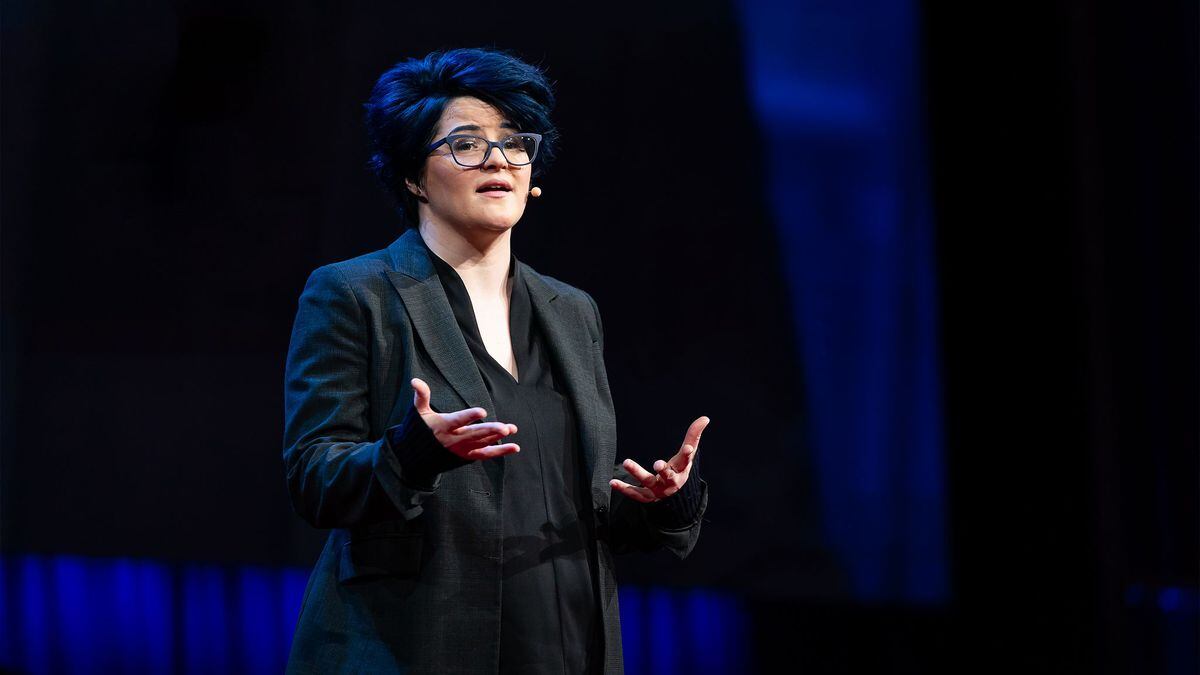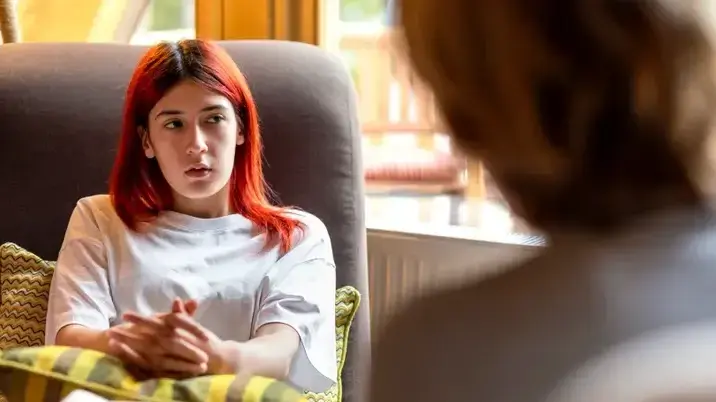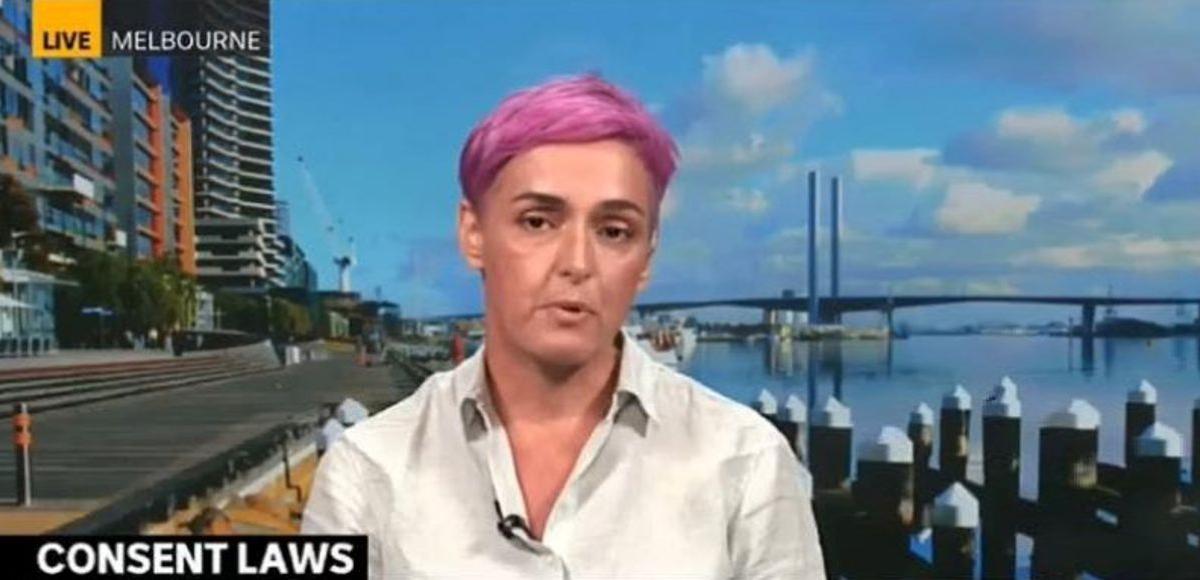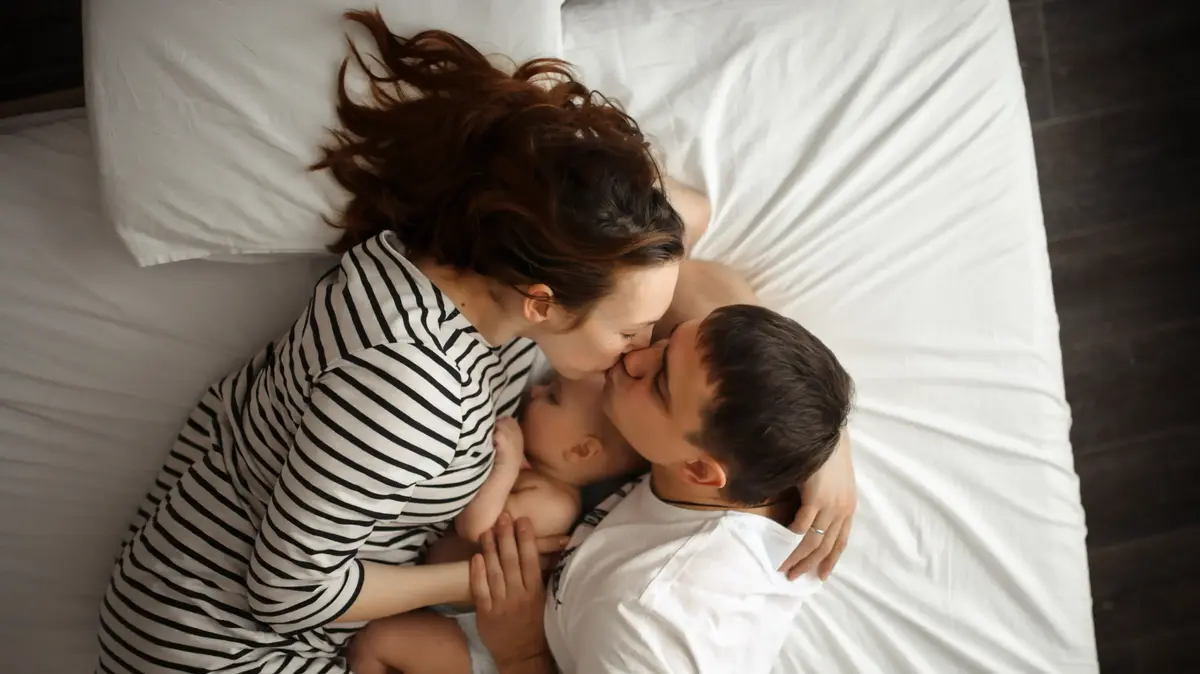Despite the embarrassment: this is how you will talk to your children about sexuality
Starting next year, all students will study sex education in schools.
If you do not want this to be the first time your child has encountered the issue - you should talk to them now.
This is how you will do it right
Sivan Lotan
11/07/2022
Monday, 11 July 2022, 06:36 Updated: 07:53
Share on Facebook
Share on WhatsApp
Share on Twitter
Share on Email
Share on general
Comments
Comments
Remember when your parents talked about sexuality?
Has such a conversation ever taken place?
How did you first learn about sexuality?
Do you want your children to learn that way too?
If you are still undecided, you should know that starting next school year, all pupils of all ages will learn sex education in schools, as part of an array built by the psychological-counseling service teams in the Ministry of Education under the heading "Healthy sexuality and injury prevention."
The classes that will be taught on the subject will deal with content such as body image, love and relationships, maintaining personal space, exposure to social networks, sexual maturation, online privacy, contraception and gender equality.
The decision of the Ministry of Education marks something for the parents as well.
The Ministry of Education puts the issue of sexuality at the forefront and tells parents that it is time to talk about sexuality.
Every boy and girl and every boy and girl deserves to receive valid and reliable information on this subject, and not one obtained from watching porn.
More on Walla!
Embarrassing but important: what to say to a small child who masturbates in the living room?
To the full article
Therefore, even though it may cause embarrassment to both our children and us, we have no choice but to talk to them about sexuality.
This is a very important issue, and it is our role as parents.
Many children and teenagers today are exposed to representations of sexuality everywhere - in series, commercials and a variety of ticketing and YouTube videos.
Sexuality is present in our lives, and our role as the significant adults in their lives is to mediate the world for them.
As we talk to them about the subject, we will explain it to them and give them tools to understand it - we will signal to them that we too are a reliable source of information about sexuality, and they will understand that they can talk about it with us, help us and not be alone with all the questions.
But how do you do that?
The first and most important thing to know is that there is embarrassment.
There is no problem with this embarrassment, it is part of the story and it is okay that it appears when we intend to talk about sexuality.
The problem starts when you do not give it a place, when you try to hide it, hide it, and then it is painful and unpleasant.
My solution is to just give it a place, tell our kids that it's okay to be embarrassed, tell it's embarrassing to you too, give it a place to laugh, blush, a look that will spill over to the sides, to the discomfort.
All right, because even if we have a hard time talking about sexuality and are embarrassed when we are required to do so, well, that's not a good enough reason not to talk about it.
Give way to embarrassment.
That's just fine.
Embarrassed woman (Photo: ShutterStock)
After we present the embarrassment and give it space, we can talk more easily about sexuality.
Here are some important tips in the discourse on sexuality:
1. In the discourse on sexuality we do not have to talk about ourselves and our sex life.
Contrary to popular belief, discourse on sexuality does not require sharing or personal exposure.
To talk about sexuality we can only share information about sexuality, our opinions, our worldview, what we notice is happening right now in our society and what we would like to see happen differently.
Discourse on sexuality is not only a discourse on personal things, but also an educational discourse, a discourse in the world, as one speaks of values, current events or culture.
And if we still want to have a personal conversation, one can ask and be interested, but tell the children explicitly that they do not have to share everything, but only in what they feel comfortable with.
You can be there for them even if they do not reveal everything.
By the way, you also do not have to share your personal stories with your children, and that too has value, because you teach them how to set boundaries and serve as proof that the discourse on this subject does not require sharing and personal exposure.
Discussion on the subject does not require sharing and personal exposure.
From the series Sex Education (Photo: Netflix)
2. You do not have to know how to answer everything
.
It is okay to say that for one question or another you do not have an immediate answer, that you want to find out so as not to be misled, that it is great that they are asking and now you can try to find out the answer together.
This way you can give them the fishing rod and not just the fish, show them where to look and explain which sites on the internet are reliable and which are not, how do you know which sources can be trusted and which sources are considered dubious.
This is truly a golden opportunity.
3. Trust yourself.
You are their parents, you accompany them throughout their lives and know how to properly access any discourse, as well as the discourse on sexuality.
I have no doubt that you have the knowledge and power to do so.
In conclusion, we must understand that the role of parents today is more important than ever - it is essential and necessary that parents be one of the main sources of knowledge for sexuality for teens, otherwise they will learn about sexuality from false, invalid, unreliable sources and worst - those who instill a culture of rape and abuse. Do not teach about sexuality and explain how to enjoy it.
Sivan Lotan is the director of sexuality at Safe School
health
parenthood
Tags
sexuality
Sex education
parenthood
Education

